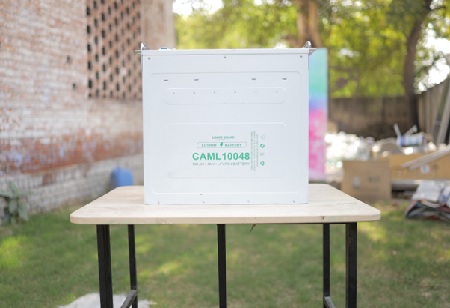Solar power systems have gained popularity among consumers and companies in recent years. This is often because solar energy has numerous advantages, like lowering carbon emissions, lowering electricity costs, and offering a clean and renewable energy source.
Solar panels, inverters, and batteries are essential for solar energy systems. Inverter battery is a crucial component of solar power systems that rely on battery storage. This article will examine the crucial function of solar batteries in contemporary solar energy systems.
The Role of Solar Batteries in Solar Power Systems
Modern solar power systems cannot function without solar batteries. They enable individuals and businesses to use the energy produced by solar panels during the day by storing it at night or during periods of low sunlight. People who live in areas with unstable power grids or who want to become more energy independent should pay particular attention to this.
What are the Advantages of Solar Batteries?
Solar batteries' ability to help individuals and businesses become more energy independent is one of their main benefits. They can lessen their dependency on grid electricity and possibly lower their electricity costs by storing energy produced by solar panels.
Reason to Choose Lithium Battery
Various kinds of solar batteries are available, including lead-acid, nickel-cadmium, and lithium-ion batteries. Lithium-ion batteries, however, are becoming increasingly well-liked because of their numerous advantages.
Lithium-ion batteries have a higher energy density than other battery types, which is one of its key benefits. As a result, they can store more energy in less volume, which makes them perfect for use in solar power systems.
